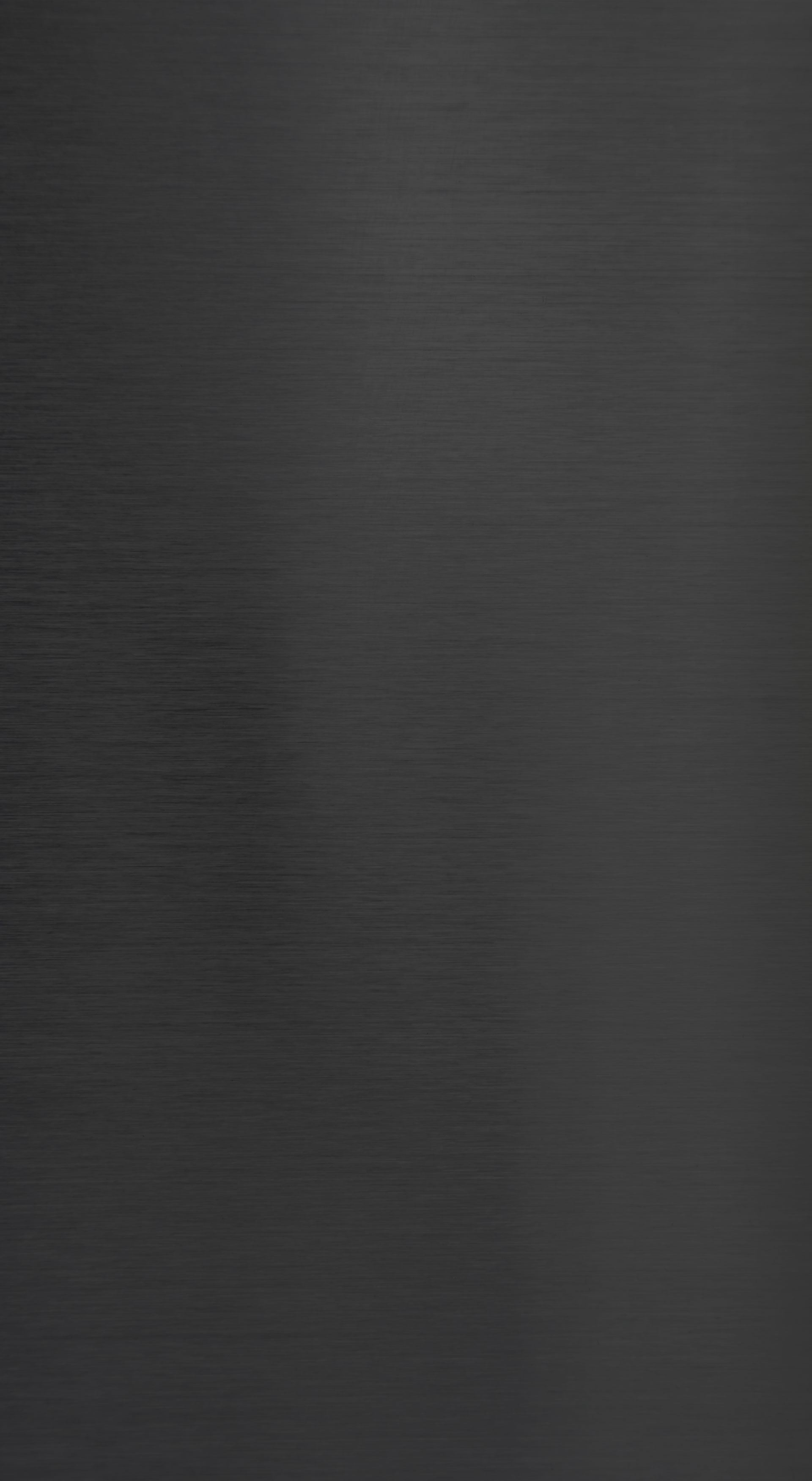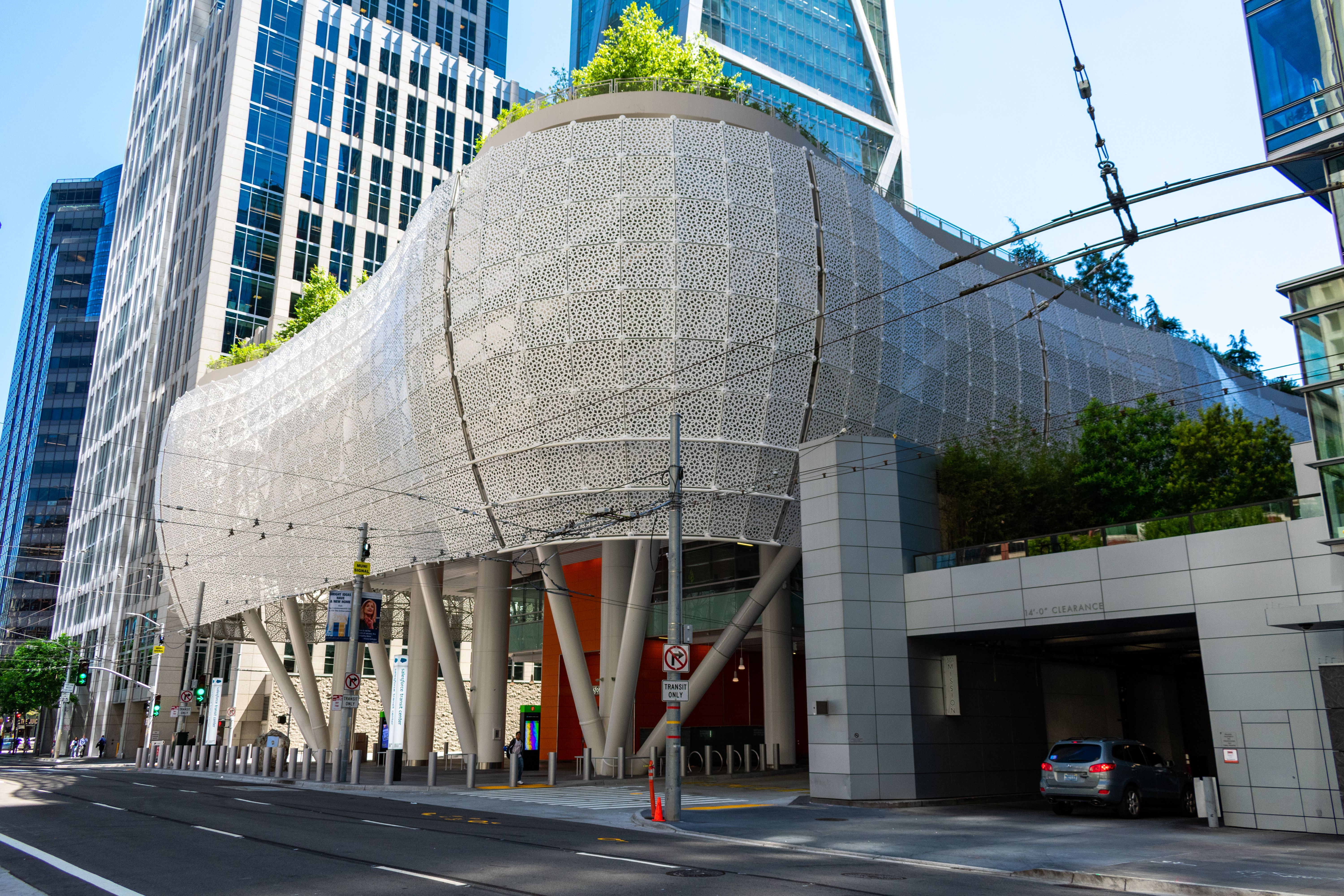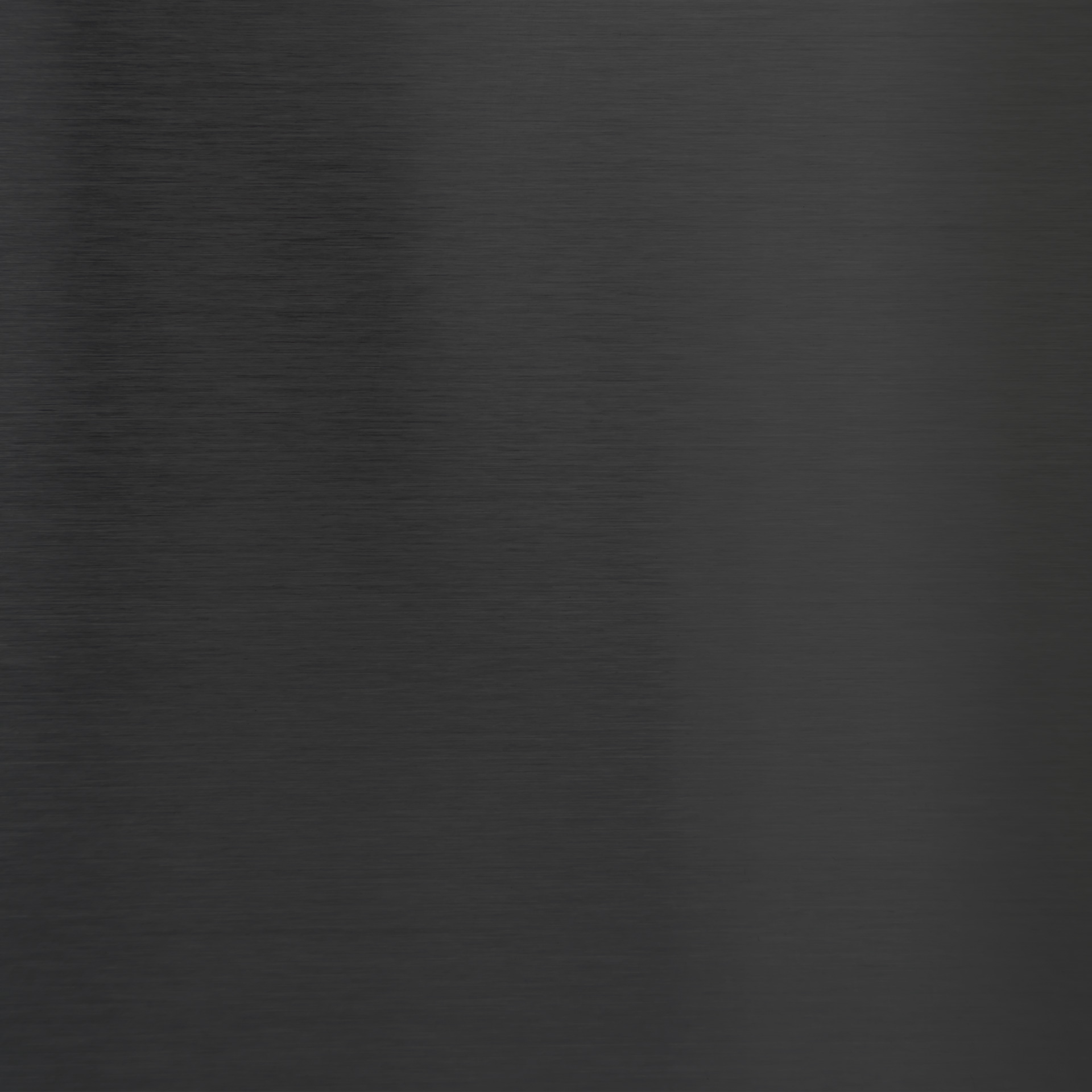

Polyurethane Architectural Metal Finishing
Powerful and Durable Coating for Metal Surfaces
Polyurethane is a substance that is, in most cases, a thermosetting polymer that will not melt when heated. It is commonly used as an architectural metal finishing. Applied in a thin film, once it cures, it forms a powerful and durable barrier for the underlying subsurface. Polyurethane coatings offer great flexibility in terms of finishes, including high-gloss, semi-gloss, pearl, satin, matte, and eggshell options. It is frequently used as a topcoat over epoxy priming in light of the fact that it supplies the UV resistance that epoxy lacks.
What Are The Benefits of Polyurethane Architectural Metal Finishing?
In addition to blocking UV rays, polyurethane metal finishings also offer a number of different benefits, including:
- Weather resistance
- Corrosion resistance
- Abrasion resistance
- Chemical resistance
- Oil resistance
- Acid and alkali resistance
To view the wide array of large jobs we have completed, check out our portfolio of work.

Is Polyurethane Architectural Metal Durable?
Furthermore, polyurethane metal finishing is able to stand up to high-pressure washdowns, making it relatively easy to clean and maintain. Polyurethane is valued for being a hard and non-toxic metallic finish that is also relatively low in terms of volatile organic compound (VOC) release.
It is commonly employed for protection of structural steel and is used in industrial settings for railings, architectural coating, and for equipment. It may also be used for institutional finishes, military specs and building components, depending on the nature of the project.
Call (323) 264-4403 for more information regarding Polyurethane Architectural Metal Finishing
Discuss Your Options
At Certified Enameling, Inc., we offer polyurethane metal finishing products from any and all of the major suppliers, and we are ready to meet with you to discuss your options. It is important to note that air-dry polyurethane finishes require up to a full week of lead time before the project can be completed.
Explore Our Additional Resources
- Our Eco-Friendly Green Footprint
- What is Kynar Metal Finishing & Why Should I Use It?
- Architectural Metal Panel Coating That Will Truly Stand the Test of Time
Understanding the Longevity of Polyurethane Coatings
The longevity of a polyurethane coating depends on various factors such as the type of polyurethane used, the application process, environmental conditions, and the level of wear and tear. On average, polyurethane coatings can last anywhere from 5 to 10 years or more.
Here are some key factors that influence the typical lifespan of a polyurethane coating:
- Quality of Material: Higher-quality polyurethane coatings tend to have better durability and longevity.
- Application Process: Proper application techniques, including surface preparation and even coating application, contribute to the coating's lifespan.
- Type of Polyurethane: There are different formulations of polyurethane coatings, such as water-based, solvent-based, and UV-cured. Each type may have varying durability.
- Environmental Conditions: Exposure to sunlight (UV radiation), temperature fluctuations, humidity, and chemical exposure can impact the coating's lifespan.
- Wear and Tear: The level of foot traffic, abrasion, impact, or other mechanical stresses the coated surface experiences affects how long the coating will last.
- Maintenance: Regular cleaning and maintenance can extend the life of the polyurethane coating.
- Proper Care: Avoiding harsh cleaning agents, abrasive materials, and sharp objects on the coated surface can prevent premature degradation.
- Sealing and Repairs: Periodic resealing and addressing minor damages can help prolong the life of the coating.
It's important to note that while polyurethane coatings offer durability, they will eventually wear down over time. Regular inspection and maintenance are essential to ensure that the coating continues to provide optimal protection and aesthetics for the intended surface.
Contact us at (323) 264-4403 for an initial consultation concerning your needs and expectations and to request a quote from our knowledgeable staff.













